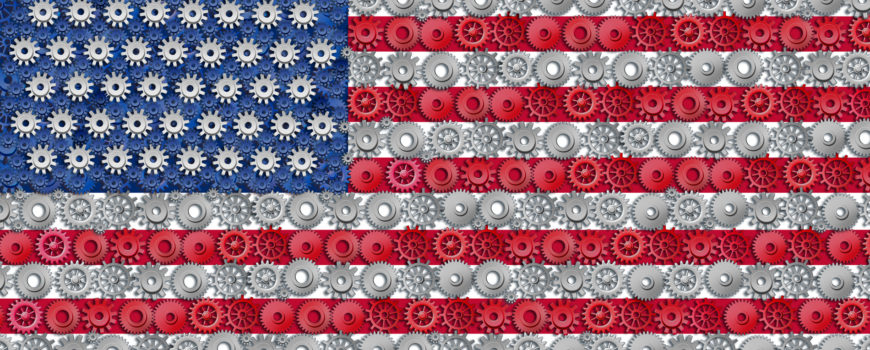Labor and production costs stop many American manufacturers from producing products for American consumption. Outsourcing component production or even whole products to overseas manufacturers has saved a lot of money for American manufacturers. But has it? A few strong points show that American Manufacturing compares better to overseas manufacturers.
The Problem
The original reason CNC manufacturing, for example, was outsourced overseas was that wages were lower. So many people needing jobs meant that if someone quit, there were twenty more who could fill the job. Since the foreign workers work for pennies per hour or per day, U.S. manufacturing more or less dried up.
For instance, let’s say mechanical engineering expert Joe Brown has designed a better home automation thermostat. Imagine a Singapore factory has been upgraded for CNC machining to produce the components of the thermostat. Since Singapore workers only make pennies per hour or per day, do they have the necessary incentive to ship quality merchandise?
What Was The Result?
American manufacturers have, for the most part, wanted to save money from the beginning. Over the years, however, some hard truths have come back to bite American manufacturers. A pennies wage isn’t the only criteria by which American manufacturing versus overseas manufacturing is judged.
What Are The Factors?
American schools are the best, bar none. This means that people all over the world trust graduates of mechanical engineering schools and U. S. manufacturing schools. Just ask anyone who uses Apple products, drives a Chevy and orders anything from Amazon on an American-made computer.
There are other factors highlighting the negatives of overseas manufacturing, such as:
-Shipping and handling charges have risen
-When ships remain in foreign ports, for reasons only the foreign country understands
-When merchandise sits at American Customs for weeks awaiting clearance
-It takes weeks and months for a ship to get from the foreign country to America. Meanwhile, the
manufacturer has no product to sell
-Smaller production runs are possible overseas, but shipping costs would be prohibitive
The Plus Side
Manufacturing in the USA has its advantages. The light has been shed on these advantages, giving American manufacturers the option of re-shoring or bringing manufacturing back home. Some of those advantages are:
-America jealously guards her intellectual rights. Manufacturers won’t worry about their designs being
stolen
-Safety standards, labor standards, and a healthy work environment ensure workers have incentive to
produce a quality
-A big rig transporting Mr. Brown’s product in days hands down beats a ship taking weeks or months to
arrive
-Manufacturing disasters like the one in Bangladesh many years ago don’t happen in America. American
manufacturers won’t have to explain to the buying public why its factory collapsed and killed thousands
of people
-American manufacturers have the flexibility to meet new production runs for increased sales
The Realization
One of those hard truths concerns having no inventory while product is in transport. The need for close proximity sourcing has become evident to American manufacturers. As a result, some companies are bringing manufacturing jobs home. While they’re on their way, the manufacturers are using nearby sources to keep product coming.
American manufacturing has come to the realization that in outsourcing to overseas manufacturers versus domestic manufacturing, there’s no place like home.


